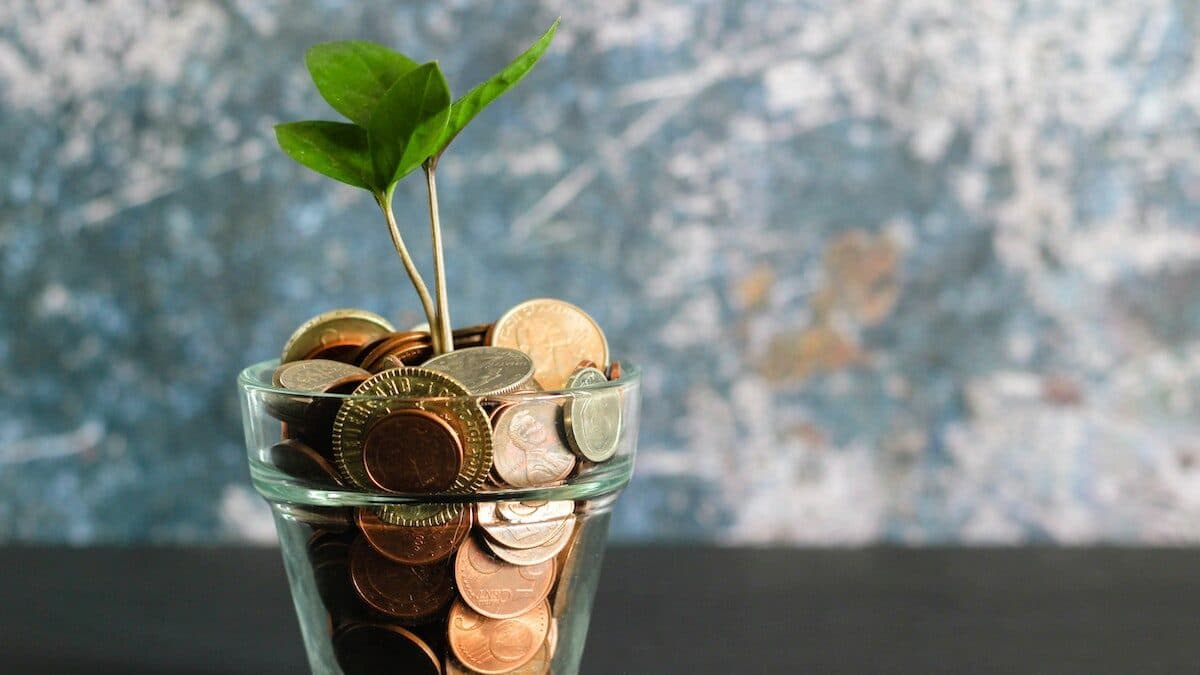In today’s fast-rising prices and interest rates, nearly half (44 per cent) of Australians have little motivation to save, invest, or earn more money and a licensed financial consultant warns that their complacency may cause them to fall behind the general population.
Younger Australians are less likely to save, invest, or earn more money. In a survey by Money.com, 44 per cent of respondents if they are less motivated to accumulate wealth in the present economy. In particular, 23 per cent are less motivated to save money, 21 per cent are less motivated to invest, and 11 per cent are not motivated to work harder to earn more money.
Surprisingly, many young Australians no longer wish to amass wealth. In comparison to 46 per cent of those aged 31 to 50 and 37 per cent of those over 50, more than half (53 per cent) of those under 30 said they lack the motivation to save, invest, or improve their income at work.
Licensed financial adviser Helen Baker says: “It is concerning that such a high percentage of the population has become complacent over building wealth. Unfortunately, the risk with complacency is that they will form a habit of not saving or investing, and it can be difficult to get out of this complacency. Individuals will also fall behind on their financial goals as a result. The longer savings and assets fail to grow, the harder it will be to catch up.
“It’s surprising to see that younger individuals aren’t focussed on building their wealth. They also risk falling behind those who are – and who will likely have better opportunities and funds for the future, such as for their retirement. In contrast, the return of immigration and a more competitive job market will prove challenging for those who have lost their motivation.”
Australians believe inflation will continue to rise
The study discovered an explanation for the decline in motivation: more than half (59 per cent) of respondents think Australia’s inflation won’t be under control, allowing it to return to its average growth rate of 3 per cent.
Most respondents across all age groups, States, and Territories agree that neither the government nor the RBA will bring inflation to normal levels. More than half (61 per cent) of people under 30 and 58 per cent of people over 30 believed inflation would not be controlled. Two-thirds (66 per cent) of West Australians, 63 per cent) of Queenslanders, and 60 per cent of Victorians stated the same throughout the States.
Consumer spending is declining
In addition, Money.com.au questioned poll participants if they had changed their spending patterns this year. The findings indicate that Australians are less motivated to accumulate wealth and are less likely to spend their money; 35 per cent of respondents said their spending had decreased this year. Additionally, forty-four (44) per cent have kept up their expenditure.
Particularly Australians over 50 are cutting back on their spending this year: 41percent of over-50s, compared to 35percent of those between the ages of 31 and 50 and 25percent of those under 30. This is consistent with recent data that showed household expenditure declined in September, falling by 0.5 per cent, the first drop since interest rates started to rise in April.
Helen says: “While it can take several months for rate rises to trickle into an individual’s spending, it is clear that the increases we saw earlier this year, combined with inflation, has led many Australians to re-think their spending.
“The RBA’s 0.25 per cent cash rate increases in October and November have sent a clue to the population that they might not be able to control inflation – or that the inflationary period will last years.
“Experts predict that the inflation rate will peak at 7.75 per cent in the December quarter, but that depends on what you spend your money on. Groceries have increased by around 9 per cent this year, petrol by 18 per cent, and household energy bills are tipped to increase by 20 per cent by the end of the year. Private health insurance premiums also increased this year by 2.7 per cent.
“Despite Australians indicating they are slowing their spending, we are approaching Christmas, a period when individuals tend to spend strongly, particularly on retail. I anticipate some households will increase their spending in the last two months of the year, and it is possible we will see a more pronounced decline early next year.”
Full survey results here
Keep up to date with our stories on LinkedIn, Twitter, Facebook and Instagram.

